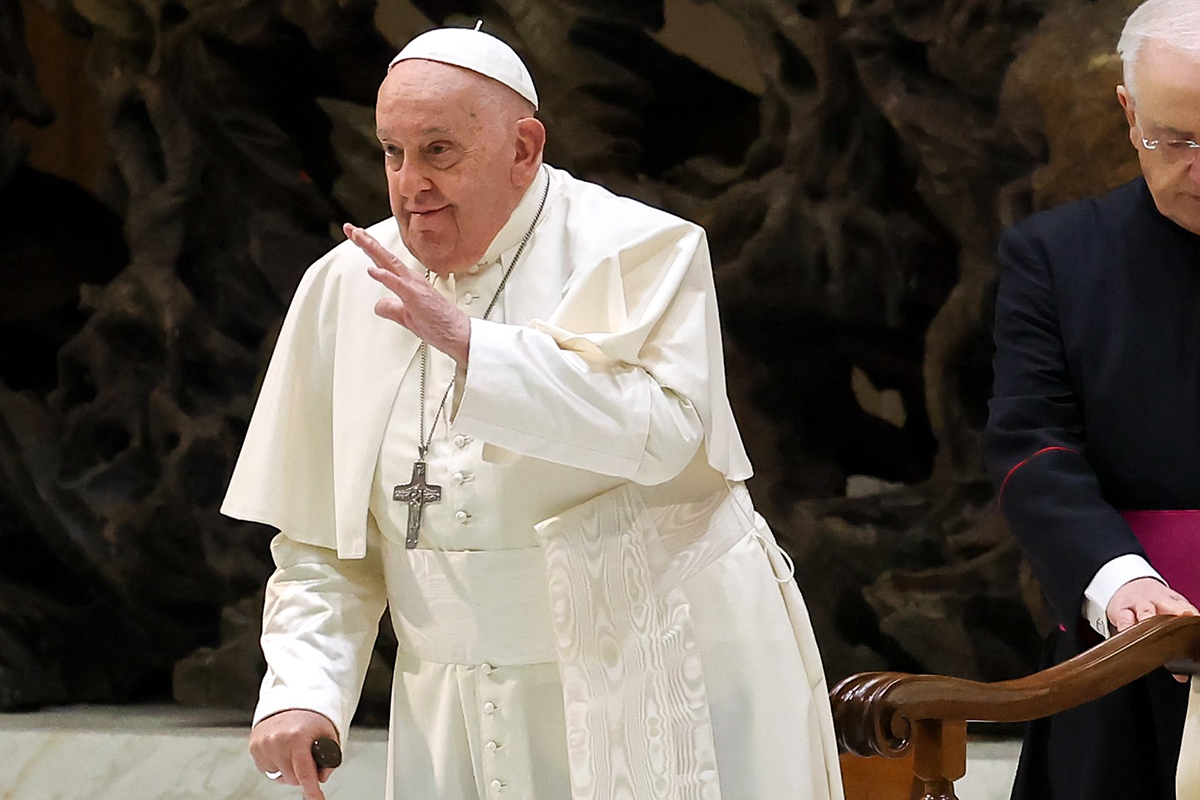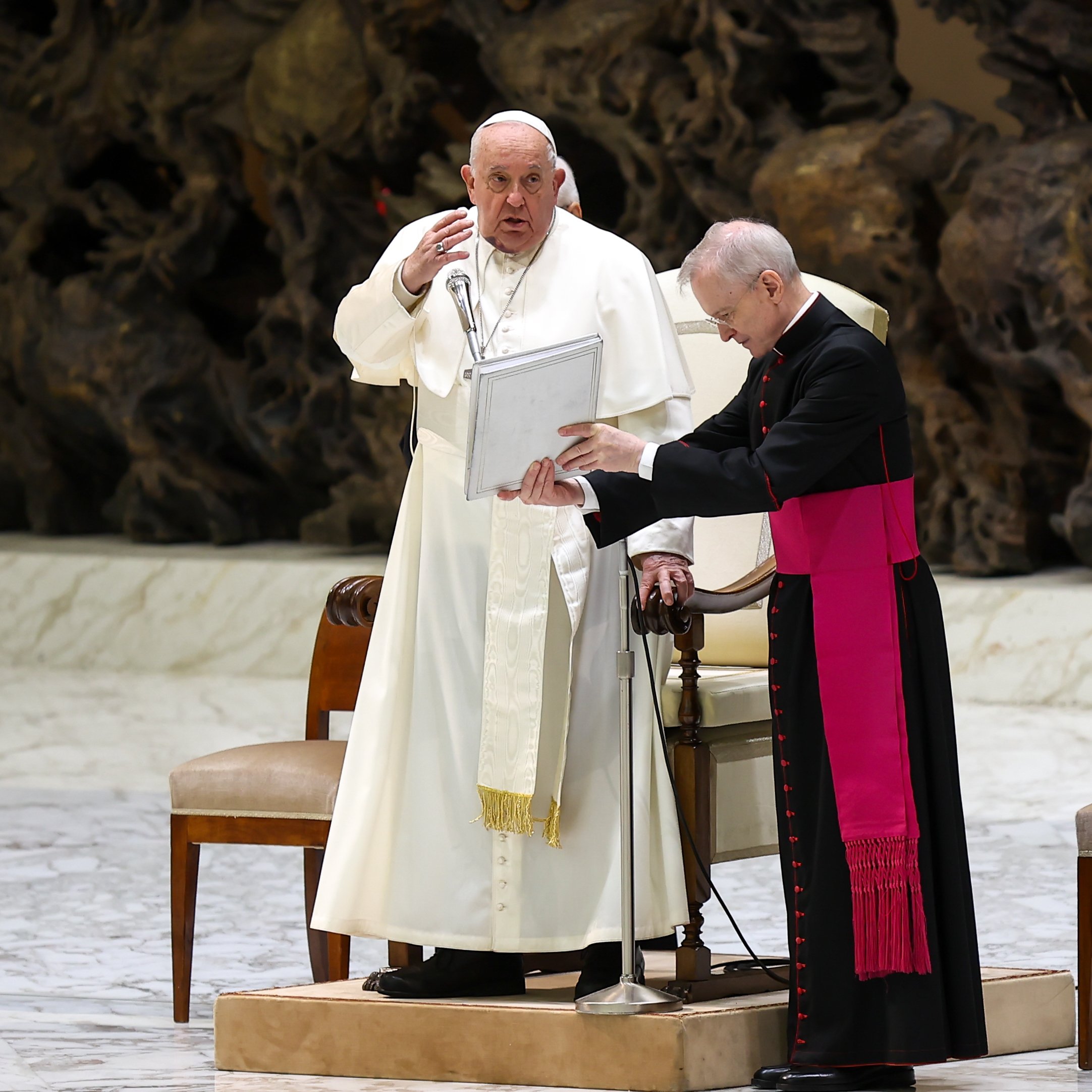DEAR FATHER | The deepest meaning of the holy Communion is not symbolic
Why can’t non-Catholic Christians receive holy Communion, especially when it is a special moment for their family like the first Communion of their grandchild?

Sadly, the divisions within Christianity are often most deeply felt around the altar of the Lord. It was, after all, in the context of the first Mass that Jesus prayed that “they (My disciples) may all be one, as You, Father, are in Me and I in You, that they also may be in Us, that the world may believe that You sent Me” (John 17:21). There is a special connection between the unity of the Church and its visible expression in the Eucharist, so it is painful to have our brothers and sisters in Christ not share in holy Communion when they are present at Mass.
Why does the Church not simply allow anyone who desires to come forward to receive Communion? It would certainly be more convenient and less awkward for Catholic relatives, as well as a beautiful symbol of Christian unity. The answer lies in the meaning of receiving holy Communion. When a person receives Communion, the priest elevates the host and says, “The Body of Christ,” to which we respond, “Amen.” This exchange is a profession of Catholic faith that the Eucharist is more than a symbol of unity: the Eucharist is the person of Jesus Christ Himself. Our non-Catholic brothers and sisters do not share our Catholic belief in the meaning of the Eucharist. We profess that the Catholic priest has received the same sacred power that Jesus first entrusted to His apostles to transform ordinary bread and wine into Jesus’ Body and Blood through repeating the words of Jesus from the first Mass on Holy Thursday. This power has been transmitted in the Catholic Church and the Orthodox Church, but the priesthood was discontinued in those communities that broke communion with Rome after 1517.
While it is true that reception of holy Communion by non-Catholic relatives could be a beautiful symbol of unity, the deepest meaning of holy Communion is not symbolic. If someone does not believe in the ministerial priesthood and transubstantiation, then their action of receiving holy Communion contradicts their own convictions. St. Paul commented, “Anyone who eats and drinks without discerning the Body eats and drinks judgment upon himself” (1 Corinthians 11:29). The law of the Church exists to respect the meaning of Jesus’ own words and actions. St. Paul’s sober injunction is a good reminder for all Catholics, too, that we must prepare ourselves to receive the Eucharist by conforming our lives to the laws of the Catholic Church and by confessing any mortal sins in the sacrament of reconciliation before we receive.
Nevertheless, Jesus’ prayer at the Last Supper continues to bear fruit in the ecumenical movement, as various denominations of Christians seek to grow their bonds of unity to once more recover the unity experienced by the Church with the outpouring of the Holy Spirit at Pentecost. So when you receive and a family member, for whatever reason, does not, pray for unity!
Father Archer is associate pastor of St. Peter Parish in Kirkwood.
Sadly, the divisions within Christianity are often most deeply felt around the altar of the Lord. It was, after all, in the context of the first Mass that Jesus prayed … DEAR FATHER | The deepest meaning of the holy Communion is not symbolic
Subscribe to Read All St. Louis Review Stories
All readers receive 5 stories to read free per month. After that, readers will need to be logged in.
If you are currently receive the St. Louis Review at your home or office, please send your name and address (and subscriber id if you know it) to subscriptions@stlouisreview.com to get your login information.
If you are not currently a subscriber to the St. Louis Review, please contact subscriptions@stlouisreview.com for information on how to subscribe.






